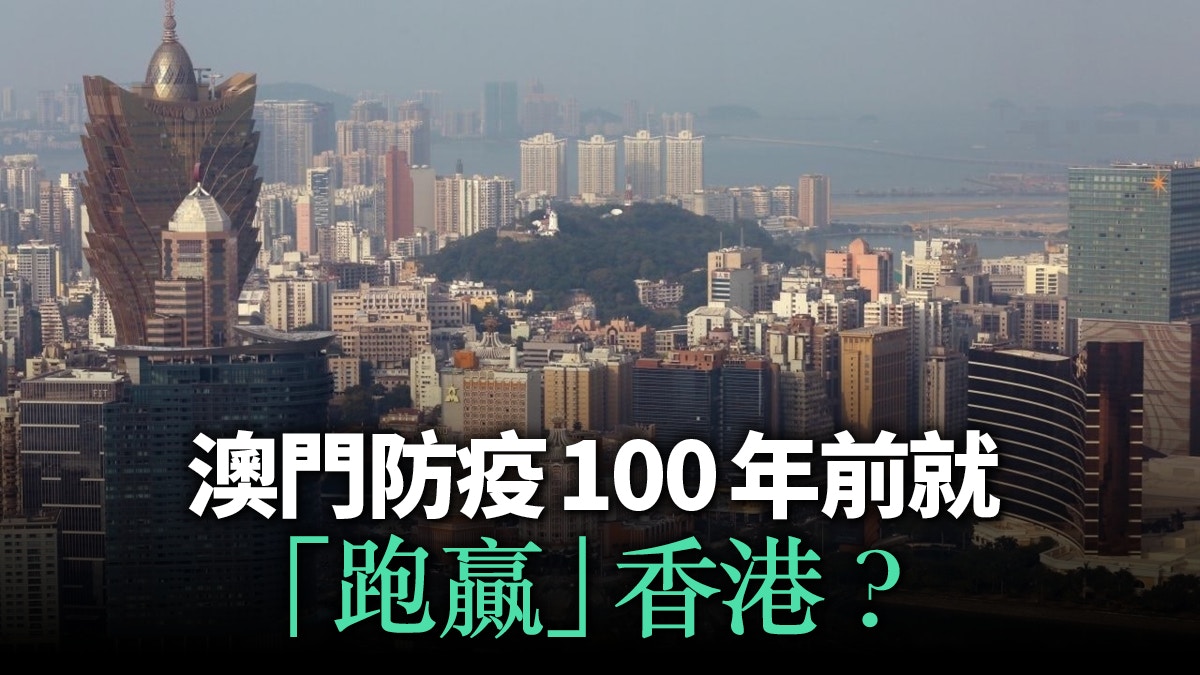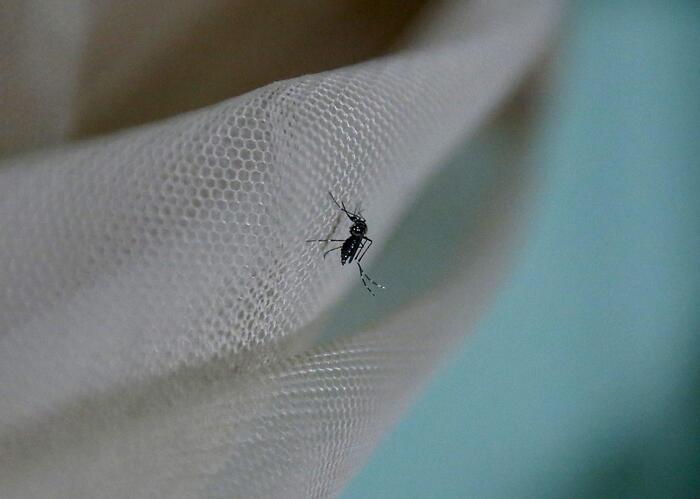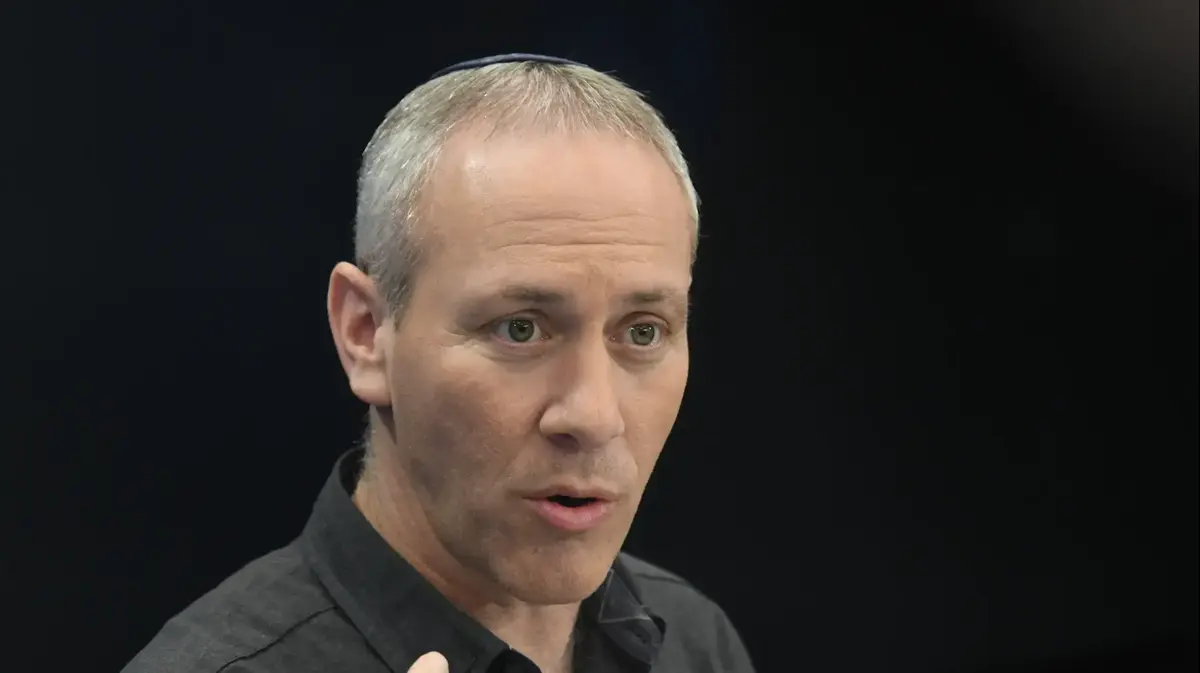01 perspective
Written by: Comment Editor
2020-02-24 19:12
Last updated: 2020-02-24 19:13In 1894, the bubonic plague that began in Guangzhou and turned into a large plague that affected 32 countries and regions, has also become a classic research material for medical history. Among them, many researchers focused on comparing the epidemic prevention work of Hong Kong and Macau, which are geographically similar, have similar climates, and are both colonially governed. Some historical commentaries commented on the response of Macao at that time to Hong Kong, which was in line with the public opinion on the new pneumonia. Compared with today's praise of the intensity and speed of Macao's epidemic prevention, what were the advantages of Macao's plague response in that year, and is there any reference for Hong Kong today?
Many studies believe that Hong Kong and Macao have little difference in anti-epidemic measures. The main measures are quarantine, isolation and treatment, cleaning, disinfection and disposal of dead bodies. The real difference is the execution and social mobilization of the two. Hong Kong is a colonial government-led, government-civilian confrontation, and coercion-based model; Macau is a government-supported, civil society-based, and participatory response. This has led to differences in the epidemic prevention effects of the two communities in the first round of outbreaks, and has an impact on the shape of future societies.
Taking the cleanliness of the Chinese people ’s residence as an example, the Hong Kong government ’s cleaning team was under the supervision of the Executive Committee of the Cleanliness Bureau at the time by the Shropshire Light Infantry, volunteers, and police. The Chinese people's fierce dissatisfaction and resistance. However, after the Macao government designated a policy for disinfecting residential buildings, it did not use compulsory law enforcement agencies such as the Corps and the police to disinfect the residential buildings. Instead, it set up a plague prevention association and handed specific cleansing matters to the Chinese gentry businessmen, which did not cause a civil backlash.
Taipingshan Street was a settlement of Chinese people. Many people died of the plague. At that time, the government burned the entire area. (Profile picture)
In terms of treatment, the Hong Kong government requires all suspected infections to be sent to the "Sea of Homes" for quarantine and to suppress the treatment of traditional Chinese medicine, which scares the Chinese people who do not know Western medicine. Although Macao has also set up a hospital specially designed for plague, it respects Chinese medicine and Chinese traditions, and gives the Chinese people ’s disease epidemic affairs to Jinghu Hospital, the main organization that deals with the disease. Under the coercive measures in Hong Kong, the Chinese people in Hong Kong or the affected persons hid from each other without reporting, or they took refuge in returning home.
Due collaboration between government and society
From this, it can be found that when the Macao government responded to the plague, it focused on Chinese elite groups, that is, Chinese businessmen, Chinese hospitals, etc., as the intermediary, and focused on coordination and cooperation to advance and retreat to achieve universal participation in the fight against the epidemic. Under the conflict between Chinese and western medical and health cultures, the Hong Kong government weakened the Chinese forces (Donghua Hospital) in a more direct and compulsory manner, but in the end it has played an anti-epidemic effect in the confrontation between the government and the people.
At present, Zhongzhi Hong Kong has repurchased a total of 1.3 million masks from the United States. (Profile picture / Huang Zhifeng facebook)
The two models may not necessarily have a good or bad distinction. The plague in Hong Kong also brought about reforms that year. The government set up an independent investigation committee to reform Donghua Hospital. It also strengthened the implementation of health laws, provided health services, and launched health education. It also greatly improved the health awareness of local Chinese. On the other hand, Macao attaches great importance to the cooperation of Chinese organizations in the response to the plague, giving them a larger space, and also enabling the Chinese organizations to further develop in the management of the plague. On behalf of Huamin, the Chinese community communicates with the Macao and Portuguese government, strives for political and social power for the Chinese, and becomes a powerful political organization. From fighting for Chinese rights and participating in politics and discussions, Macao has developed into a community society.
It can be seen that in large public events such as the epidemic, the role of the government has influenced the shape of society and the composition of social forces since then. In this new pneumonia epidemic, the Hong Kong government has been accused of lacking leadership and credibility. It seems that Hong Kong's civil society, including associations and business communities, have played a greater role in fighting the epidemic. There is even a so-called "civilian self-rescue".
But no society can operate effectively without a government, and the government's role is indispensable for such major tasks as epidemic prevention. Now that the private sector has started actively, and has made a contribution in matters such as material distribution and helping the disadvantaged, the government must not be absent. Instead, we must find ways to unify the civilian power and make good use of social resources. In the past month or so, the government has been eclipsed. Whether it can turn the crisis into an opportunity and resume its leadership role after stimulating civilian power can test the wisdom of senior officials.
Thinking about the spread of plague-Hong Kong plague and social reform in 1894
01 depth
Wuhan Pneumonic Plague Public Health 01 Viewpoint









